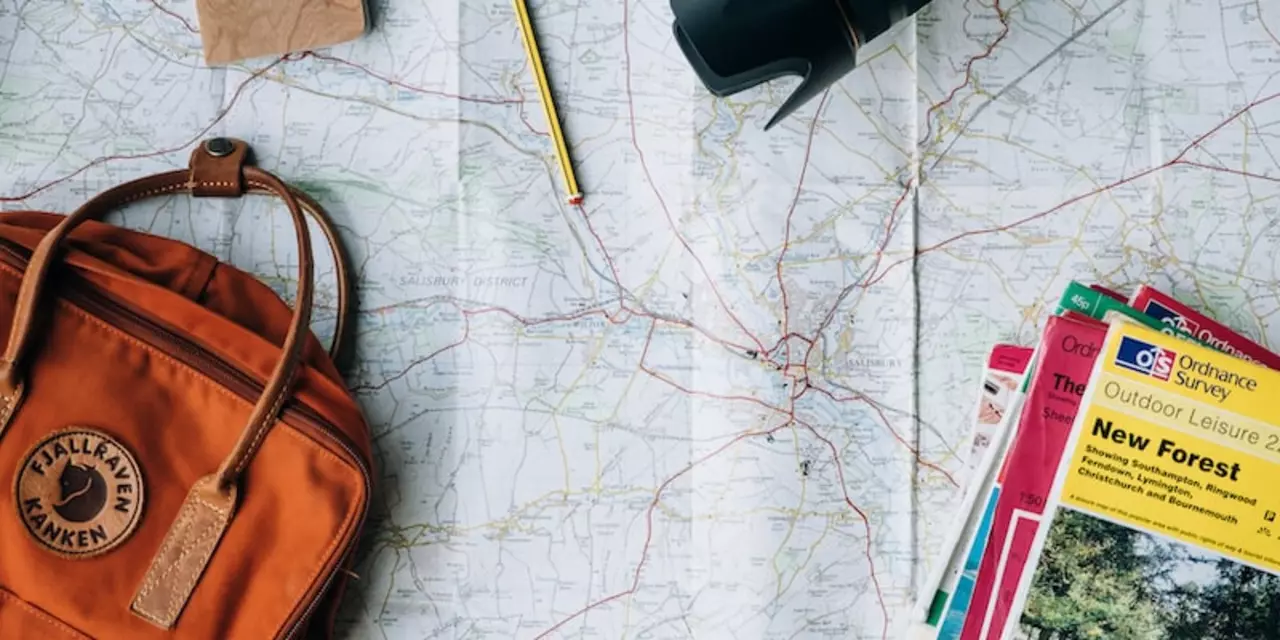Australia: Practical Guide for Indians and International Movers
Thinking about Australia? Whether you are planning a short trip, a work move, or a permanent shift, this page collects clear tips that make planning easier. Australia has big cities, relaxed coastal towns, and strict immigration rules. Knowing visa options, job markets, cost of living, and community life helps you avoid surprises. Below you will find concrete steps and quick checks to decide if Australia fits you.
Visas and legal basics
Start with the visa category that matches your goal: tourist, student, skilled worker, partner, or permanent residency. Each visa has its own documents, processing times, and health checks. For skilled migration, check the occupation lists and points system. Student visas require enrollment and funds proof. Keep certified copies of your passport, degrees, experience letters, and any police clearances ready. A birth certificate alone does not prove citizenship; you may still need passports or national ID when applying for visas.
Work, money and daily life
Look at job demand in your field before you move. Healthcare, IT, construction, and hospitality often hire migrants. Use local salary ranges to estimate your budget. Rent can take a large share of income, so plan for at least two months of rent plus deposits. Open a bank account soon after arrival, and get a local SIM card to make job hunting easier. Learn basic workplace norms: punctuality, clear communication, and safety rules matter.
Culture and community shape how quickly you settle. Cities like Sydney, Melbourne, and Perth have big Indian communities, temples, and grocery stores that sell familiar ingredients. Food and festivals help reduce homesickness. Still, expect different social habits and blunt small talk. Australians value outdoors time and work-life balance. Join community groups or local apps to meet people and find practical tips from those already settled.
Healthcare and education require planning. If you have a visa with Medicare access, register as soon as possible. Otherwise, arrange international health insurance that covers you from day one. For families, research local schools early, as popular public and private schools can have limited seats. Compare schooling options and proximity to work before choosing where to live.
Practical documents and records make life smoother. Carry digital and paper copies of your ID, degree certificates, marriage certificate, and medical records. Translate any documents not in English. For long-term stays, start the skills assessment and credential recognition process for regulated jobs like nursing, engineering, or teaching.
Want comparisons with the UK or USA? Australia shares many benefits with those countries: strong wages, public services, and multicultural cities. But travel distances are longer and some goods cost more. If family ties to India are critical, check flight times and visa rules for frequent return trips before deciding.
Need specific help? Use the posts tagged here for practical answers on moving, food, citizenship questions, and living abroad stories. Read real experiences to get a clearer picture and avoid common mistakes.
Start planning early and ask specific questions to reduce last minute stress now.
This article explores one individual's feelings of dissatisfaction with their home country of India and their admiration for Australia. The writer expresses dissatisfaction with the state of Indian society, citing issues such as pollution, corruption, and a lack of opportunity. The writer also expresses admiration for Australia's cleanliness, infrastructure, and job opportunities. The article concludes with the writer's dilemma of not being able to live in either country, and the need to make a decision about which country to call home. In conclusion, this article provides a thought-provoking look into one person's difficult decision of choosing between two countries, and the emotions behind it.
View More



